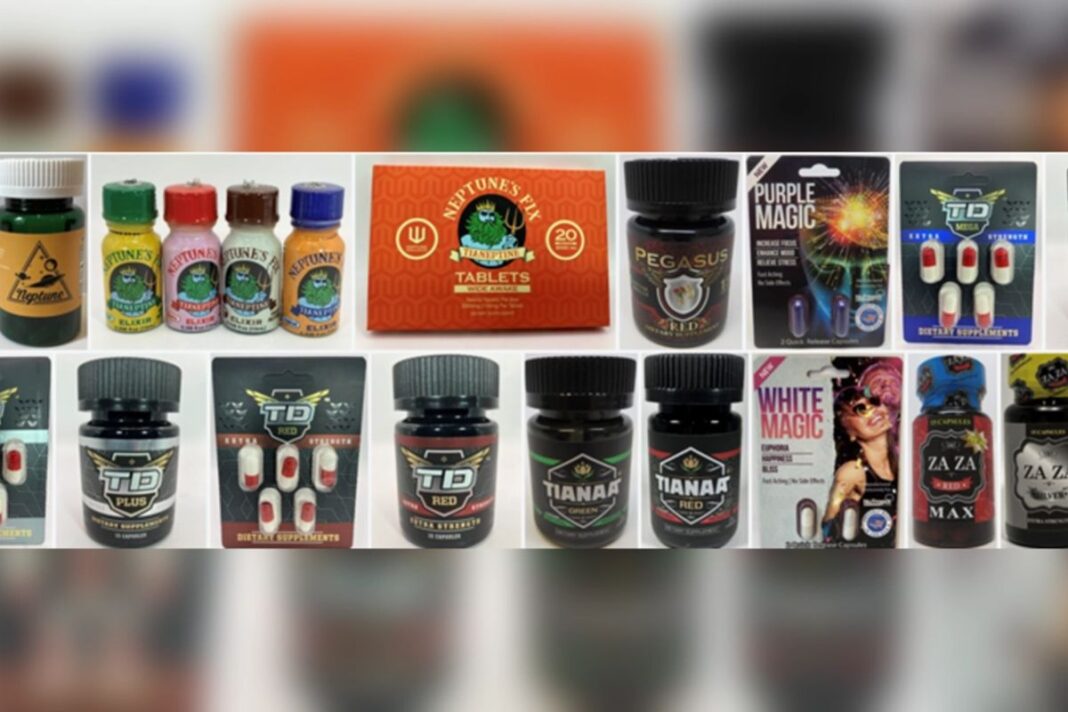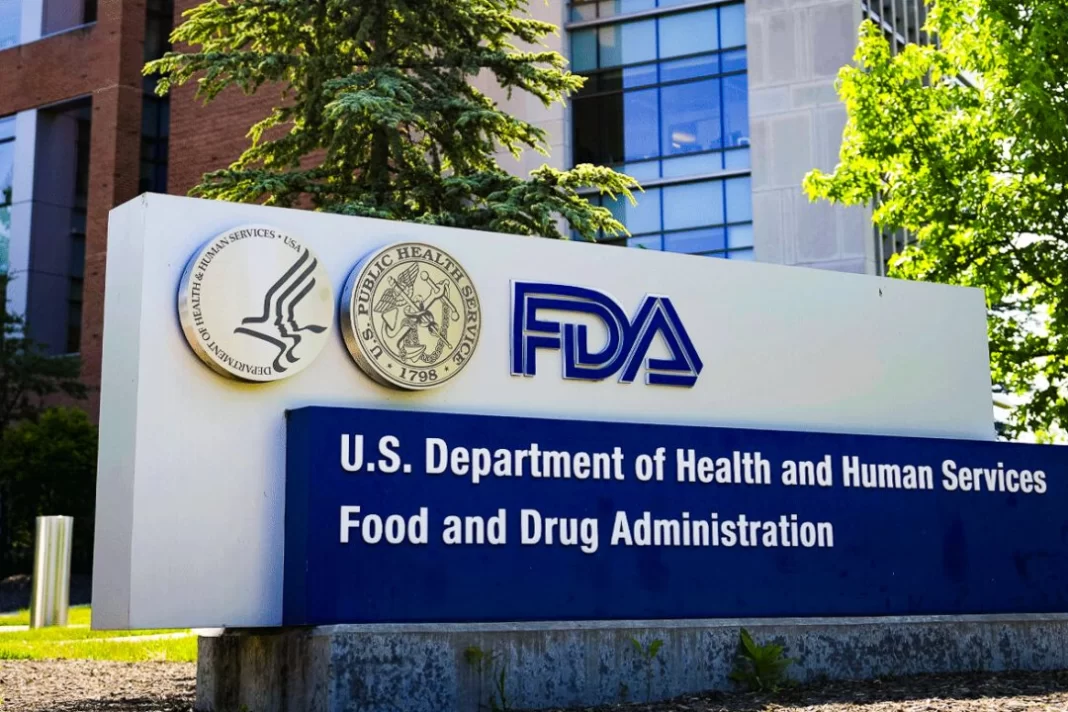Tianeptine, an unapproved drug sold in gas stations and online under names like “Zaza” and “Neptune’s Fix,” has been linked to overdoses and deaths.
Federal health officials are warning about a surge in reports of serious health issues tied to tianeptine, a drug being sold as a supplement despite not being approved for any medical use in the United States.
Commonly referred to as “gas station heroin” due to its availability at convenience stores, gas stations, and online retailers, tianeptine has been associated with overdoses, withdrawal symptoms, and at least one cluster of deaths. The Food and Drug Administration (FDA) issued a renewed alert this week, urging the public and health care providers to avoid products that contain the substance.
“I am writing to draw your attention to a dangerous and growing health trend facing our nation and particularly young people—the increasing number of adverse events involving products containing tianeptine, which can lead to serious harm, including death,” FDA Commissioner Dr. Martin Makary said in a May 8 statement.
The FDA stressed that many consumers mistakenly assume products are safe if they are easy to find—whether online or at gas stations—but availability is not a measure of safety or effectiveness.
The drug is prescribed as an antidepressant in some countries, though it is not approved in the United States and is not scheduled under the Controlled Substances Act. The FDA notes that it is being illegally sold as a dietary supplement or “nootropic,” with product names that include Tianaa, Zaza, Neptune’s Fix, Pegasus, and TD Red.
Some vendors are also making unproven and illegal claims that tianeptine can improve brain function or treat anxiety, depression, pain, and opioid use disorder, according to the agency.
Ingesting tianeptine can lead to severe health effects, including respiratory depression, coma, and death. Withdrawal symptoms similar to those caused by opioids have also been reported. Medical literature cites instances of users taking doses of up to 10,000 milligrams per day—hundreds of times greater than the level it is prescribed at in other countries.
The FDA noted that individuals with a history of opioid dependence may be particularly vulnerable to abusing tianeptine, sometimes using it as an opioid substitute or for self-treatment of mental health conditions.
By Chase Smith








